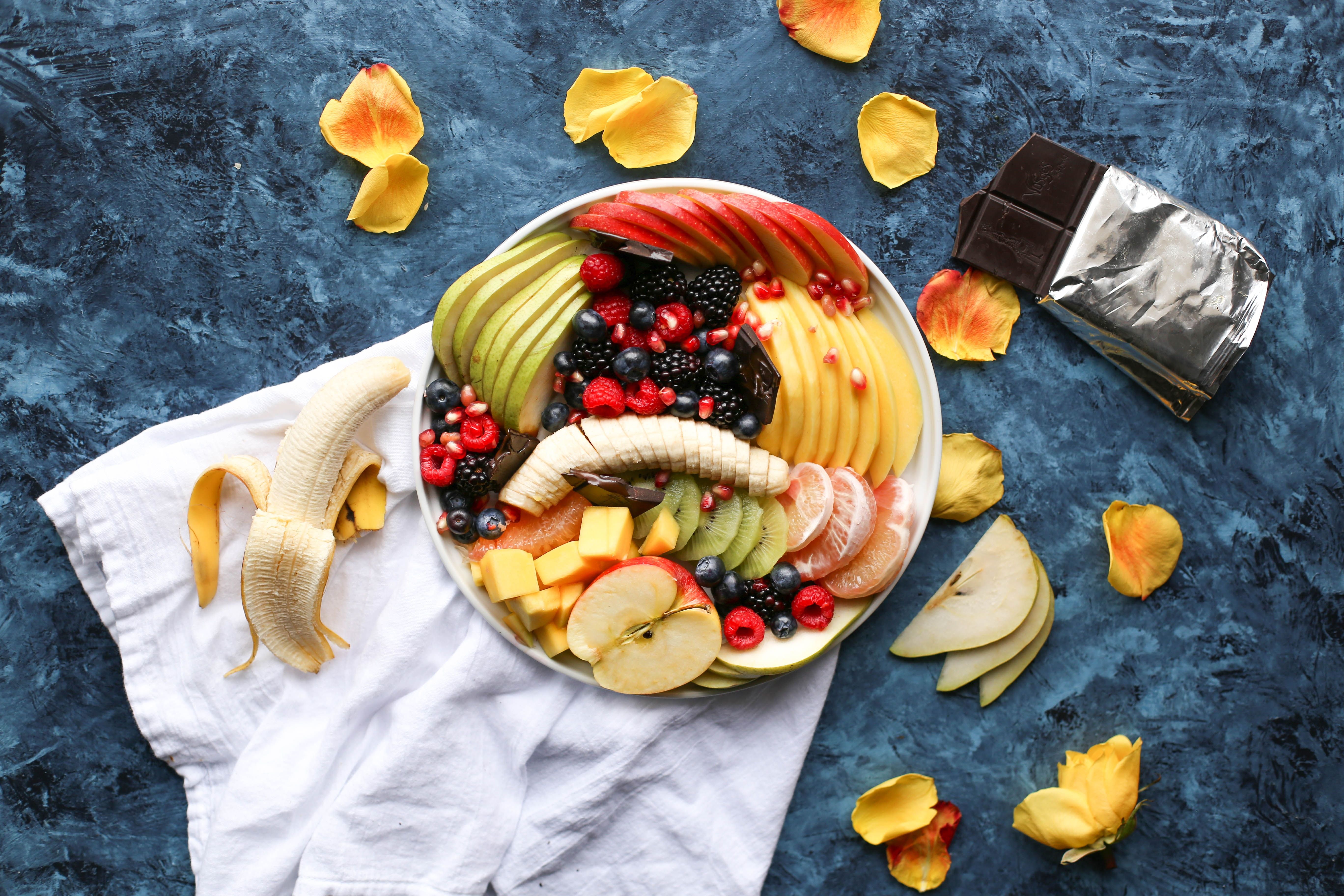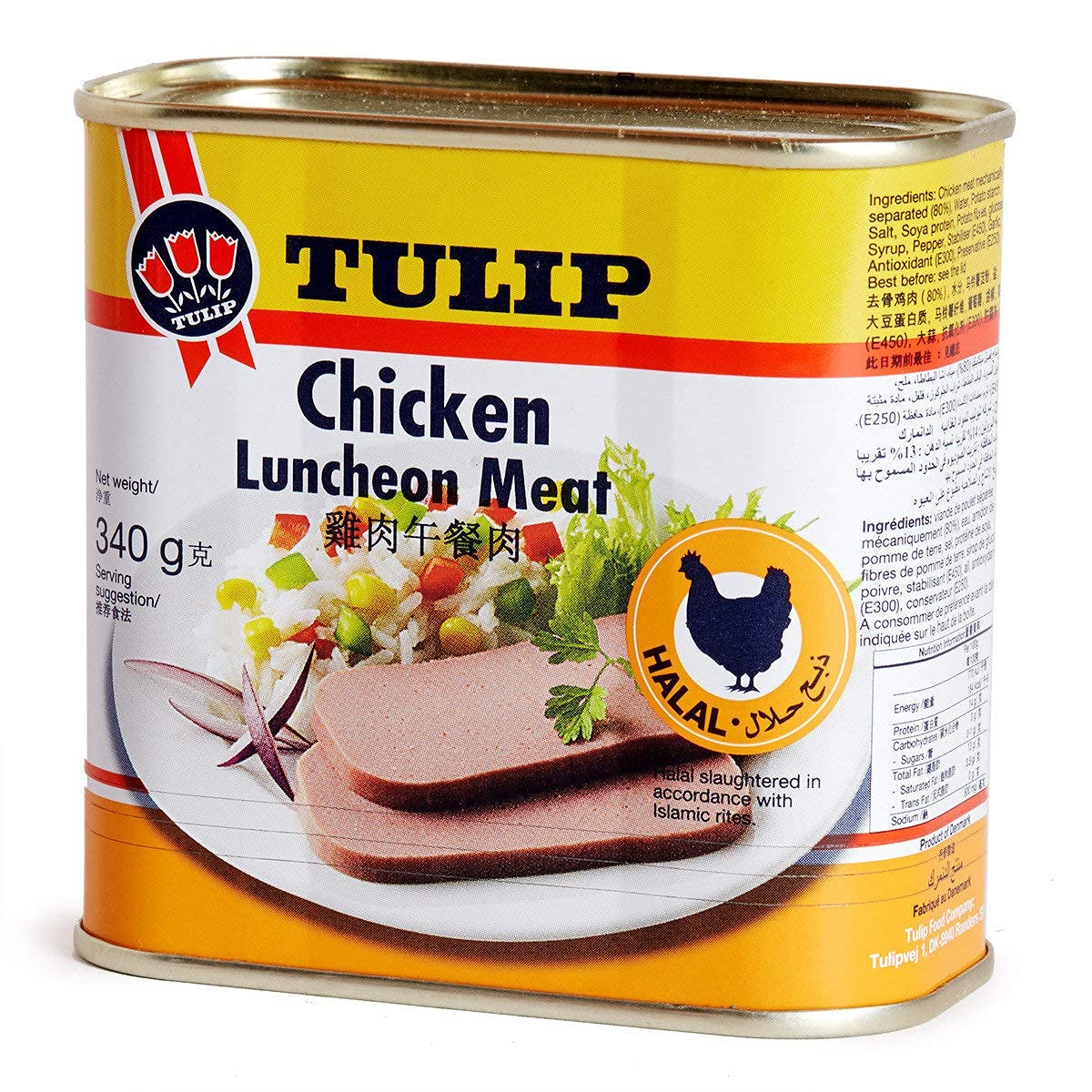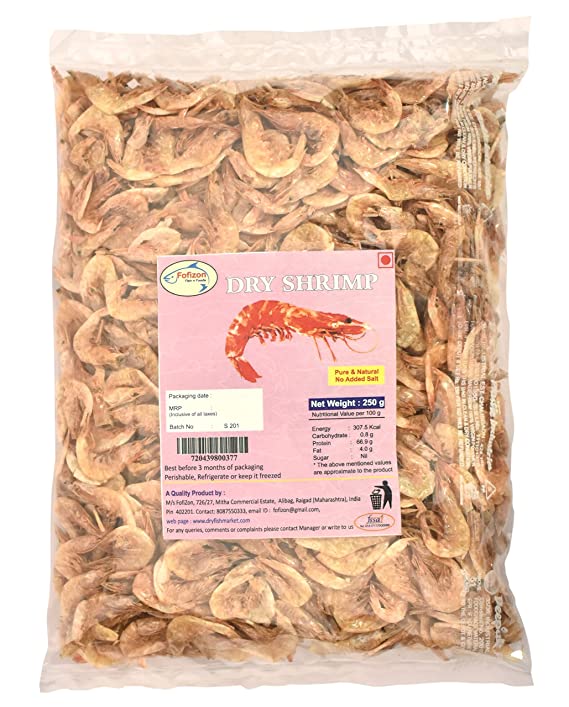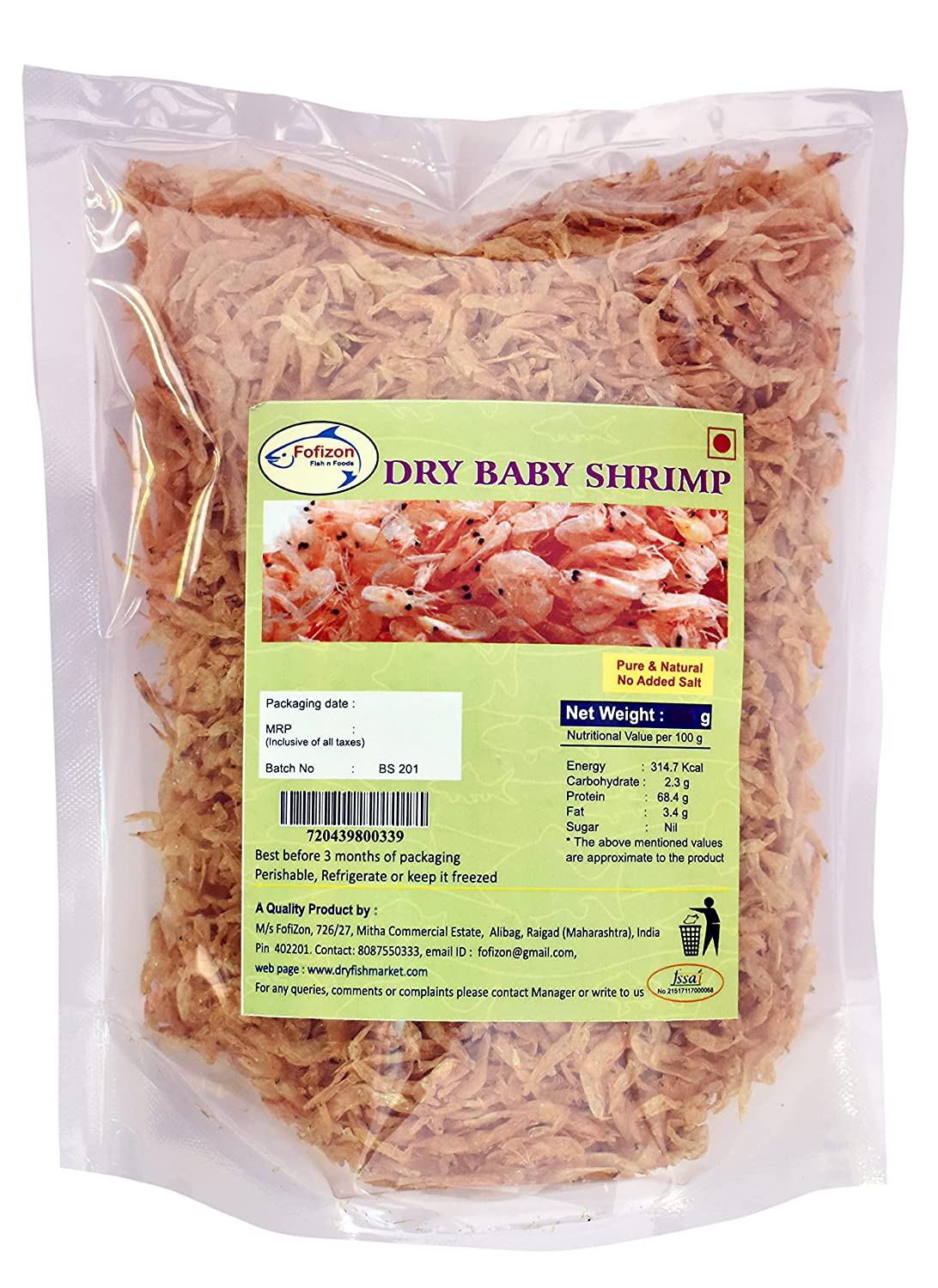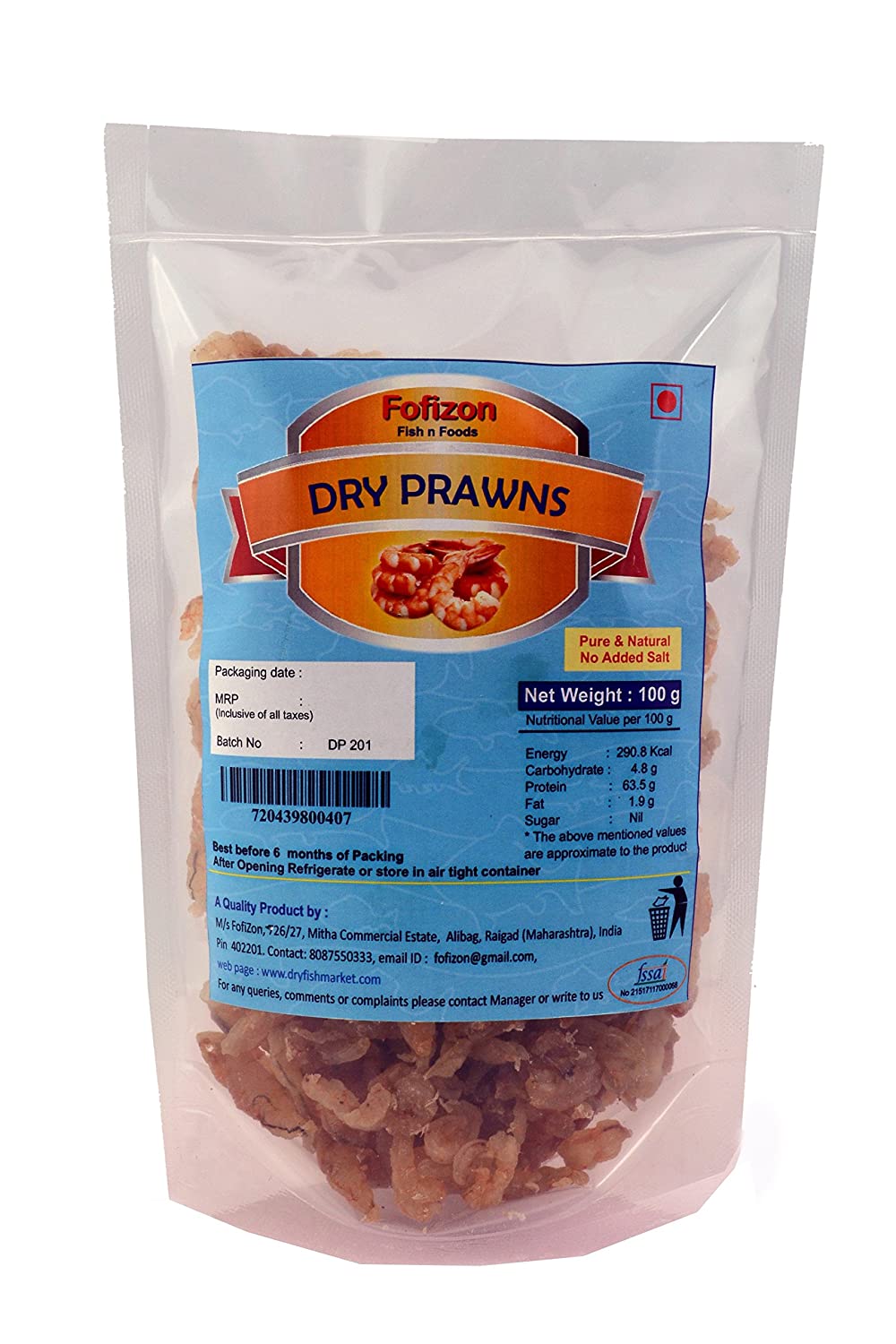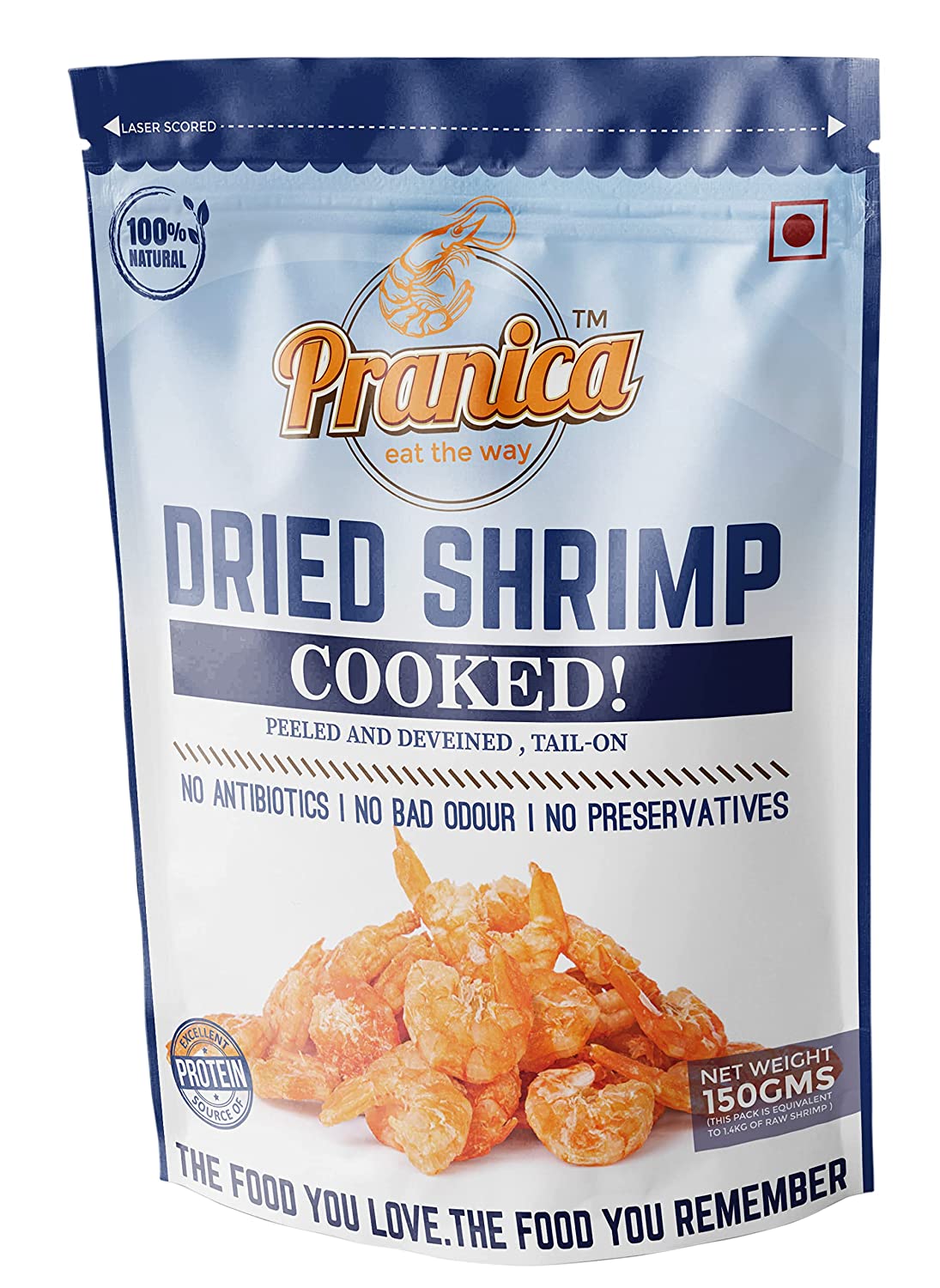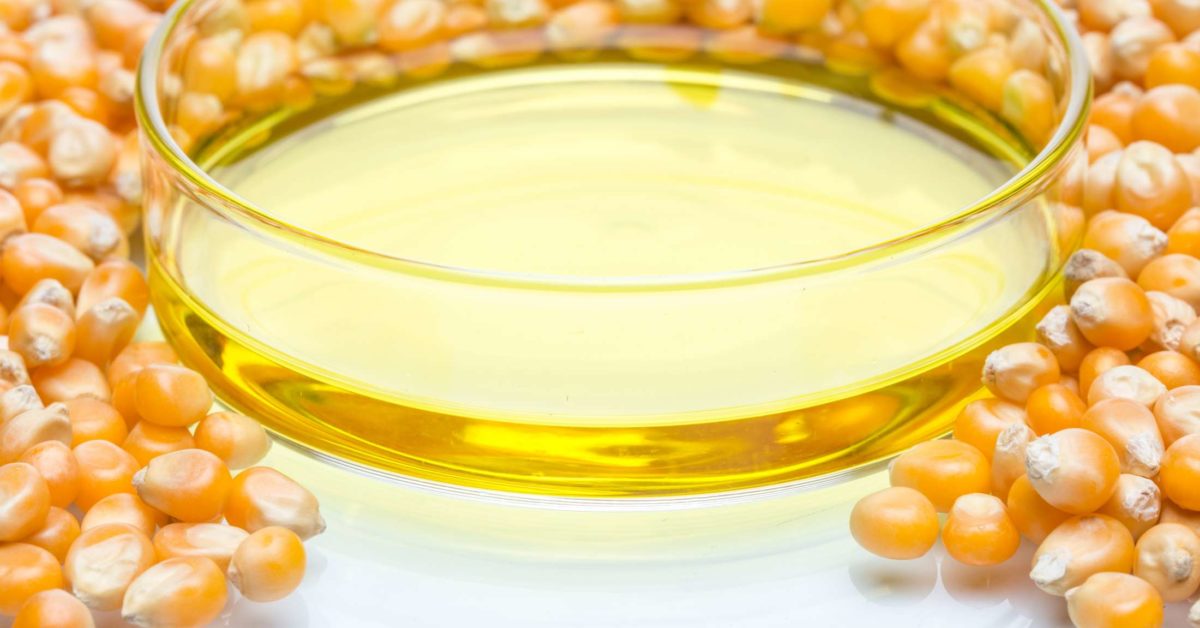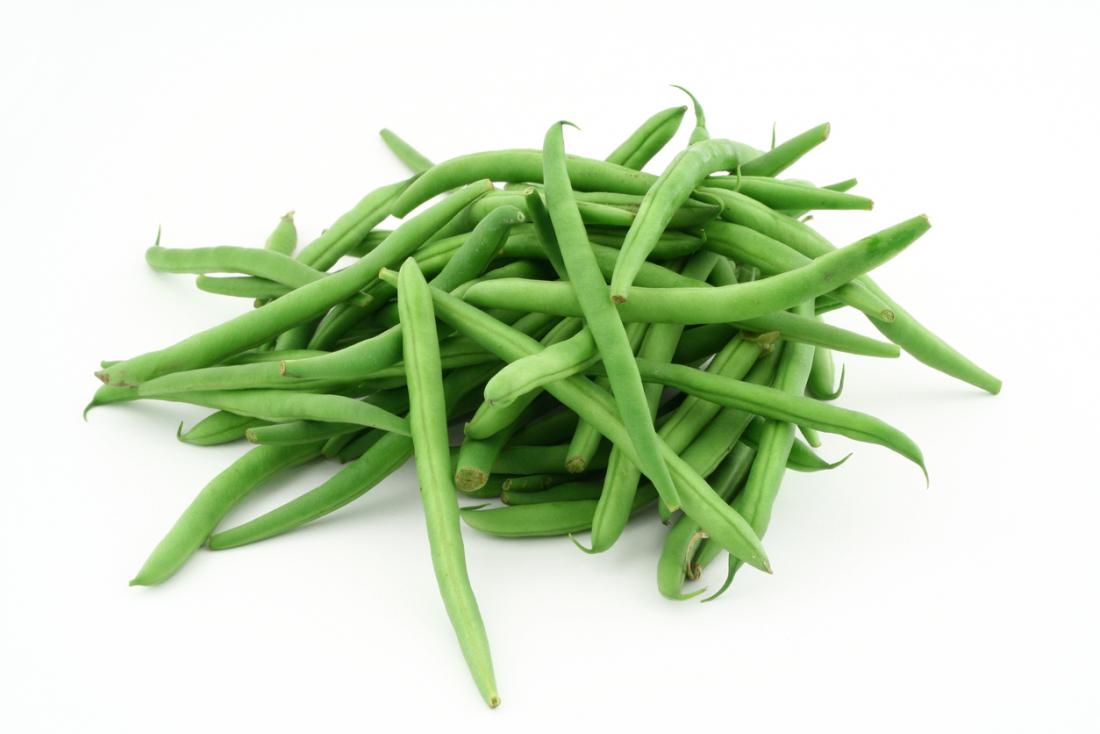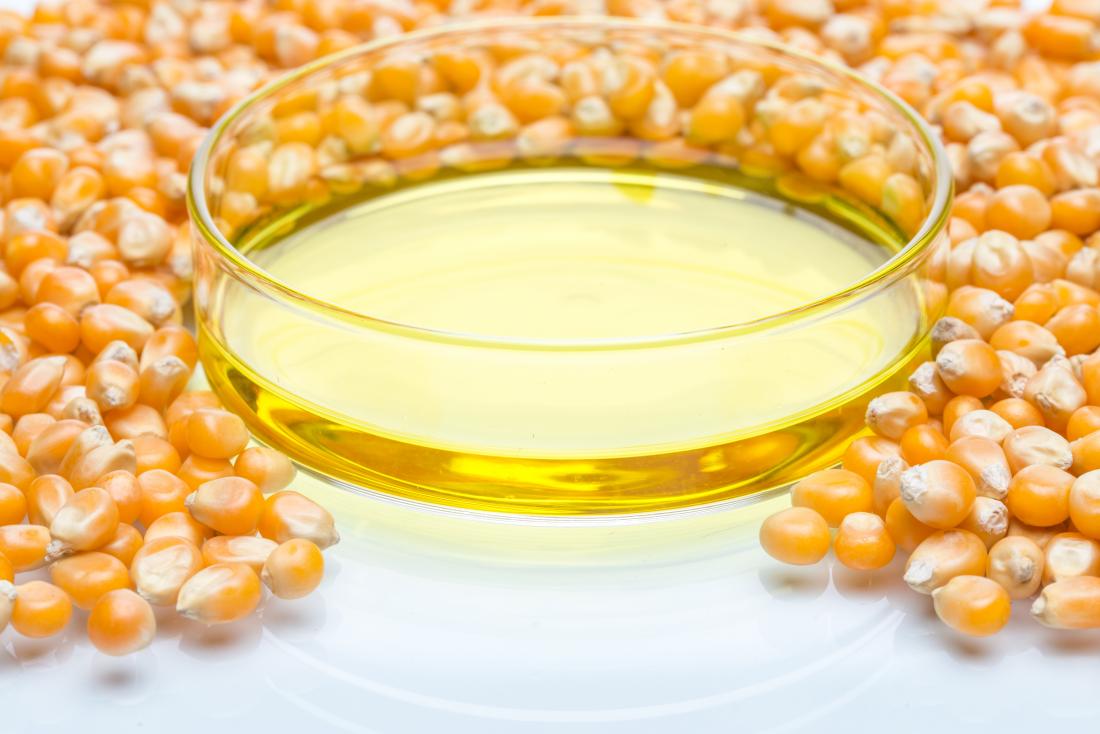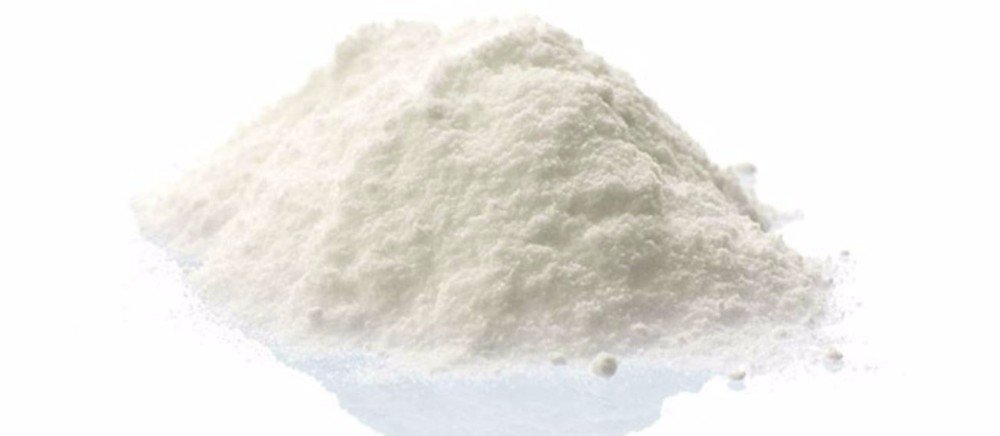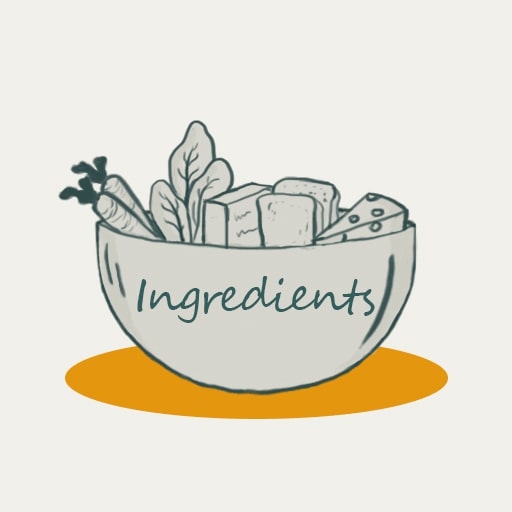Published Date January 24, 2003
How to Deal with High Uric Acid?
By Arpita Sudev
5 min read
Last update date: January 24, 2003
All about purine-rich foods, carbonated drinks, vitamin C and high uric acid.
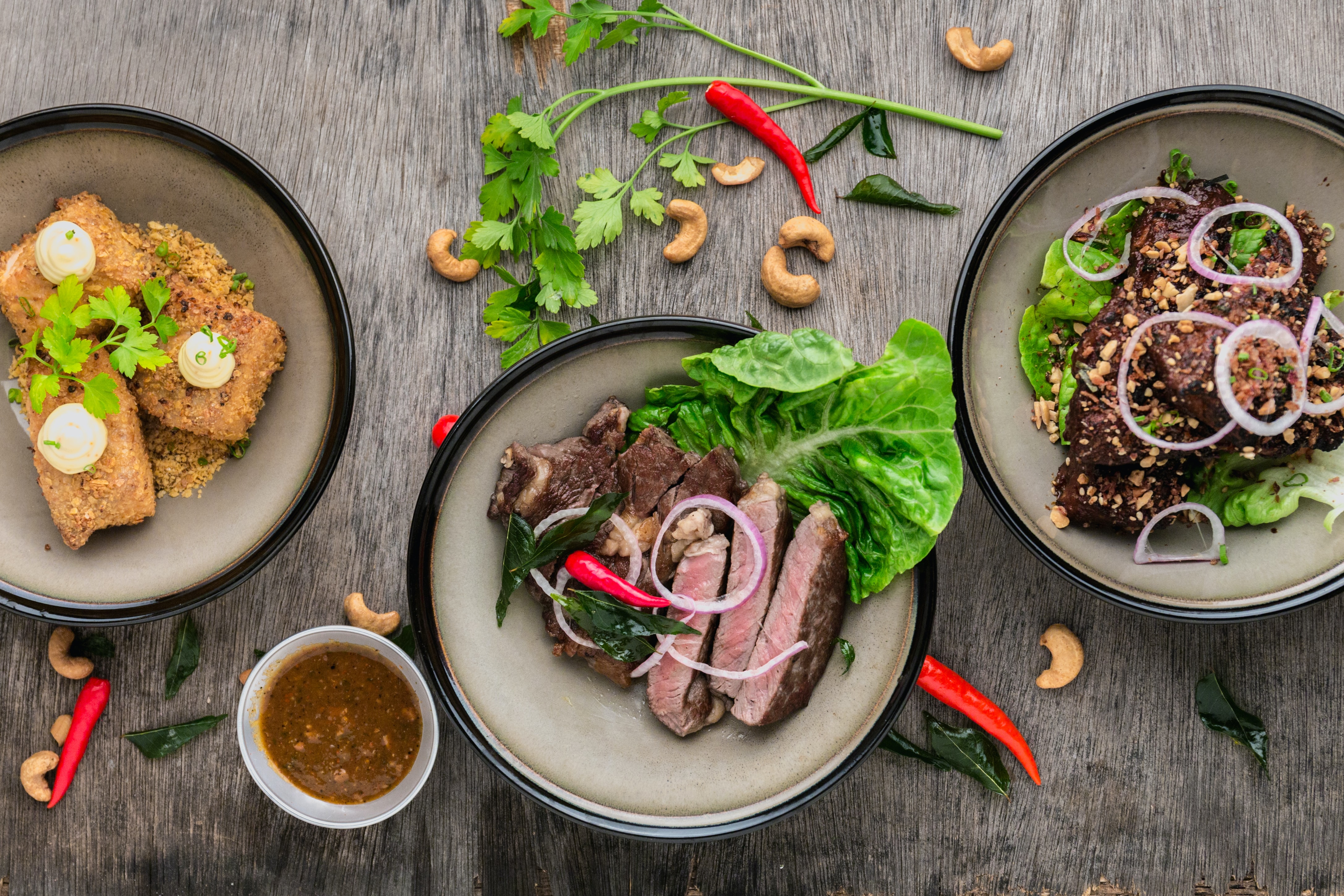
Uric acid is a waste product that our body produces when it breaks down a type of chemical called purines. Purines are found in some foods we eat, as well as being produced naturally by the body. Uric acid can also be produced by reusing purine compounds that are already present in the body. The body gets rid of uric acid through urine, so having too much uric acid in the blood can cause problems. This can lead to conditions like gout or kidney stones.
Most of the time, a high uric acid level occurs when your kidneys don't eliminate uric acid efficiently. Factors that may cause this slow-down in the removal of uric acid include foods rich in purine such as sardines, anchovies and liver, being overweight, having diabetes, taking certain diuretics (sometimes called water pills) and drinking too much alcohol. The uric acid dissolves in the blood and passes through the kidneys and leaves the body in urine. Food and drinks that are high in purines also increase the level of uric acid in the body. These include:
- Seafood (especially salmon, shrimp, lobster and sardines)
- Red meat
- Organ meats like liver
- Dried beans
- Food and drinks with high fructose corn syrup, and alcohol (especially beer, including non-alcoholic beer)
A high uric acid level is known as hyperuricemia. This can lead to gout, a type of arthritis wherein urate crystals accumulate in the joints, especially in the feet and big toes, and cause extreme pain and swelling. It can also make your blood and urine too acidic.
Your body accumulates uric acids due to the following reasons:
- Genetics
- Being overweight or obese
- Unhealthy food habits
- Low physical activity
- Stress
- Some types of cancer medications
- Diuretics
- Kidney disease
- Diabetes mellitus
- Hypothyroidism
Here are some easy tips to reduce the purine levels in your body -
- You can limit the source of uric acid in your diet. Purine-rich foods include some types of meat, seafood, and vegetables. All of these foods give off uric acid when they’re digested. Avoid or reduce your intake of foods such as organ meats, pork, turkey, fish and shellfish, scallops, mutton, cauliflower, green peas, dried beans, and mushrooms.
- Consume more whole-grain rice, bread, potatoes, fruit and vegetables, and low-fat and fat-free dairy products.
- Avoid drugs that can raise uric acid levels. Diuretic drugs, such as furosemide (Lasix) and hydrochlorothiazide, drugs that suppress the immune system, especially before or after an organ transplant and low-dose aspirin are some medications that can lead to a build-up of uric acid in the blood.
- Maintain healthy body weight. Reaching a healthy body weight may help reduce the risk of gout flares. Obesity increases the risk of gout, especially in people of a younger age.
- Avoid alcohol and sugary drinks, such as beer, soft drinks, and carbonated drinks. It adds unnecessary calories to the diet, potentially causing weight gain and metabolic issues.
- Balance your insulin levels and avoid taking stress, as it can contribute to inflammation, which can lead to an increase in uric acid levels
- Consuming coffee can lower the risk of cardiovascular disease which is less likely to cause gout.
- Consuming Vitamin C foods and supplements can also lower the risk of developing gout.
- Eating cherries might reduce the risk of gout attacks, particularly in people with a prior history of the disease.
Takeaway
High uric acid can cause serious health issues. Medication can help reduce pain and may prevent the risk of future gout flares. Try to avoid foods that are high in purine content and maintain a healthy lifestyle.
Keep reading
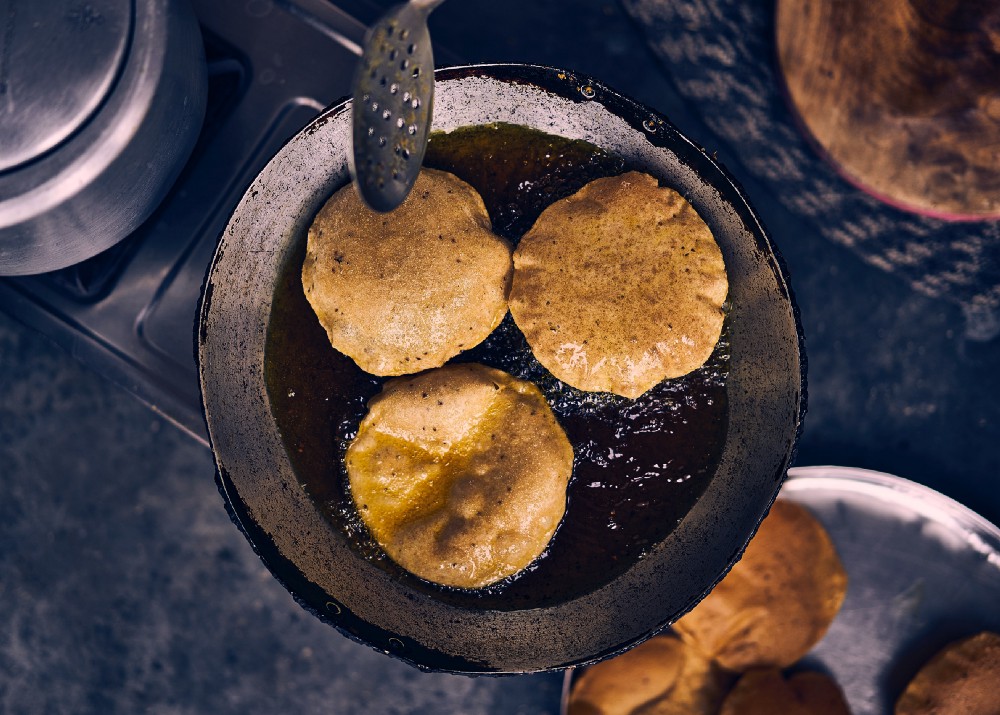
Cooking Oils & How To Use Them
All about monounsaturated fats, polyunsaturated fats, trans fat and cooking oil.
By Arpita Sudev
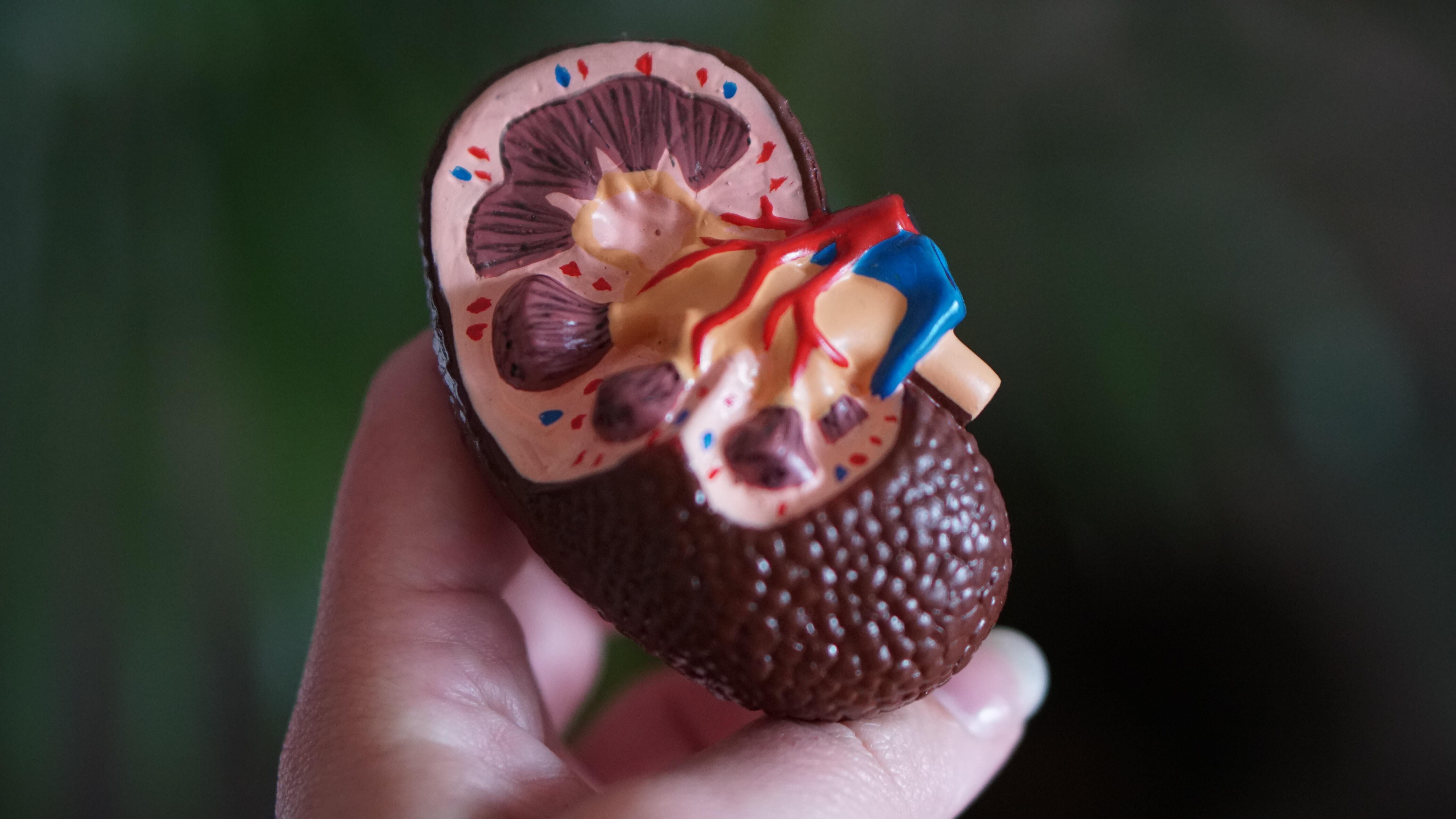
Kidney Stones and how to prevent them with the help of nutrition
All about calcium, coffee, plant-based foods and kidney stones.
By Naurin Ansari
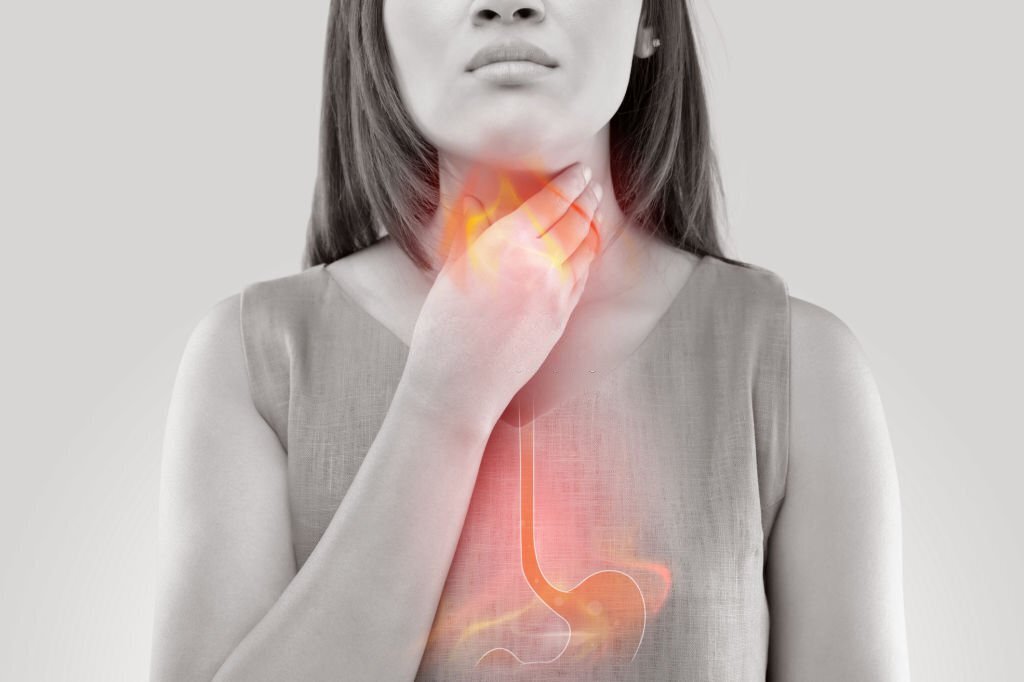
Ways To Ward-Off And Manage Acid Reflux
All about GERD, gastric reflux and Acid Reflux.
By Arpita Sudev
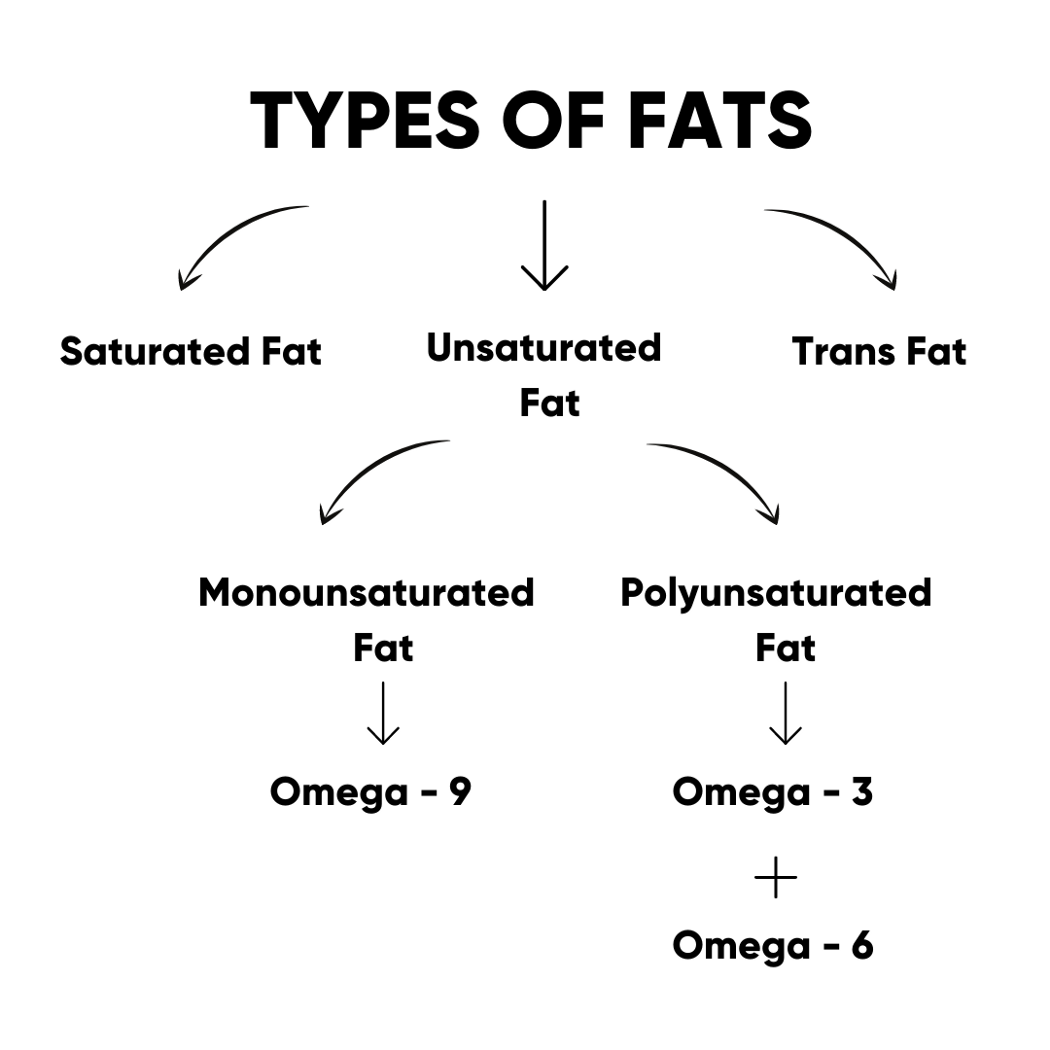
Healthy High-Fat Foods to Keep You Full and Satisfied
All about monounsaturated fats, polyunsaturated fats,omega-3 fatty acids and high-fat Foods.
By Arpita Sudev
Related Items
Choose Healthy With Us.
Know the real truth about your food. Stay informed and healthy, for free.

Download the App Now
Certified nutritionists trust our food recommendations. Safe to say, so can you :)




